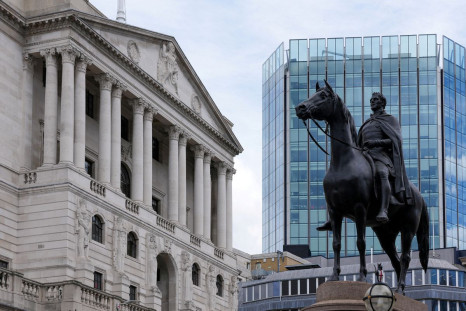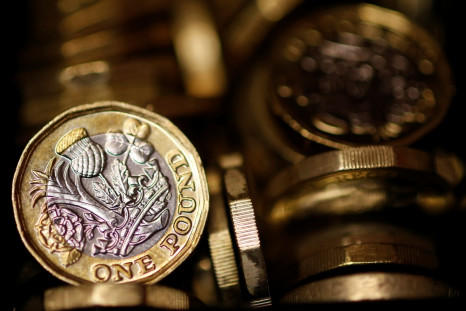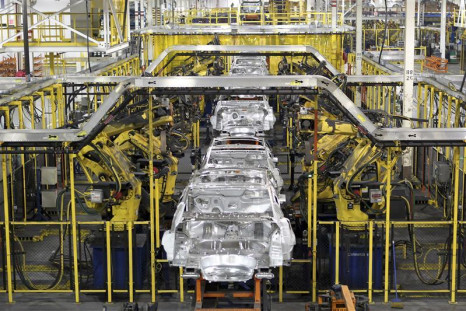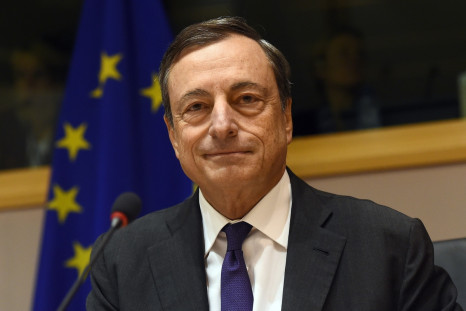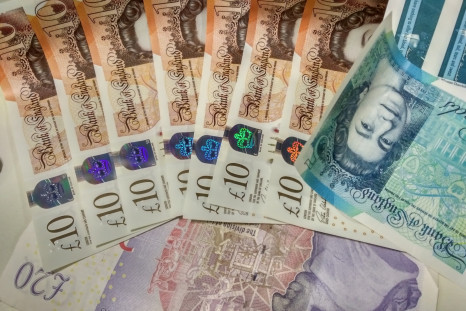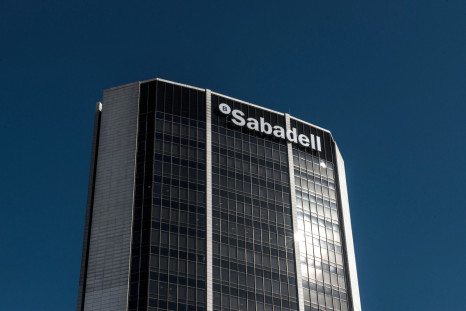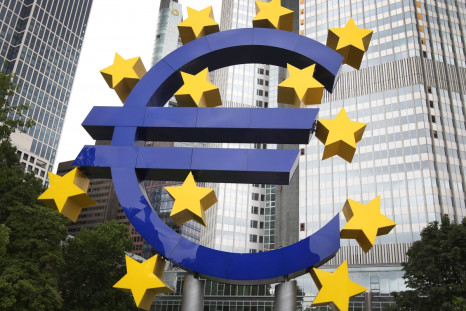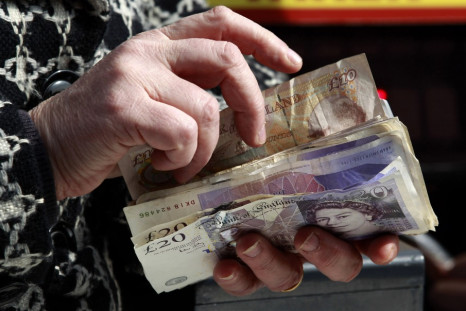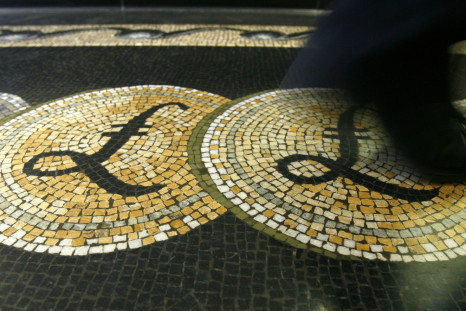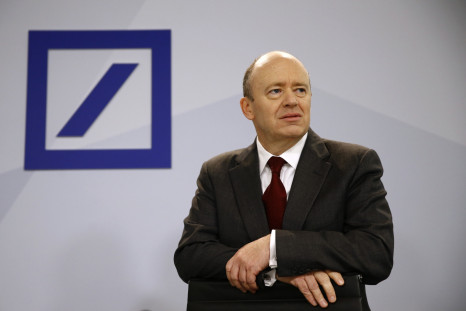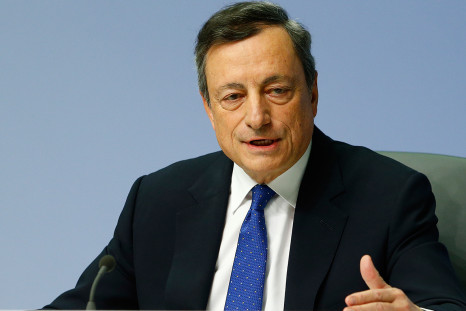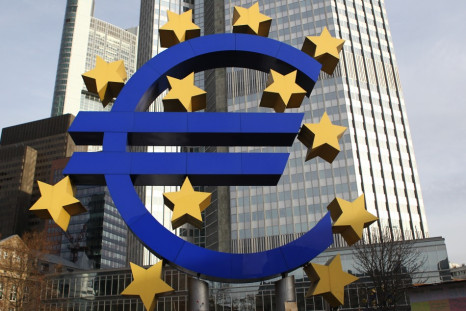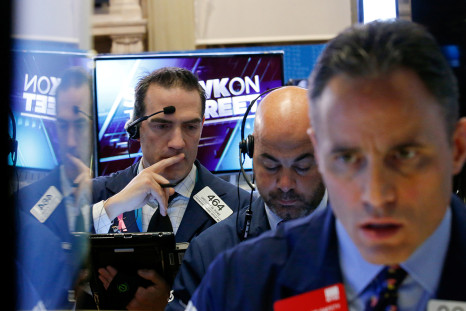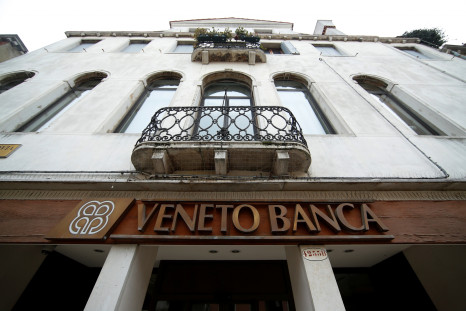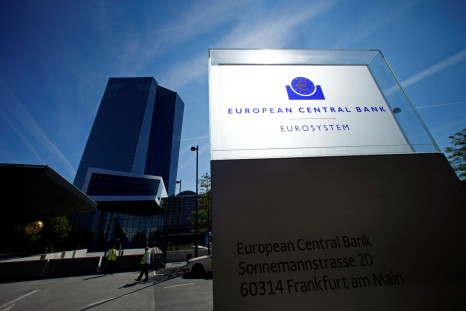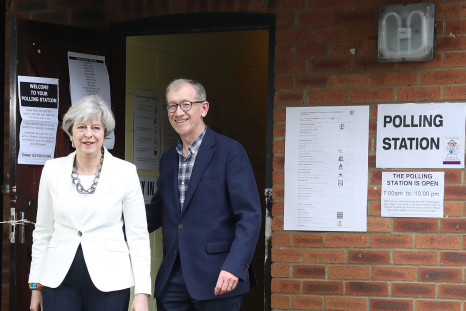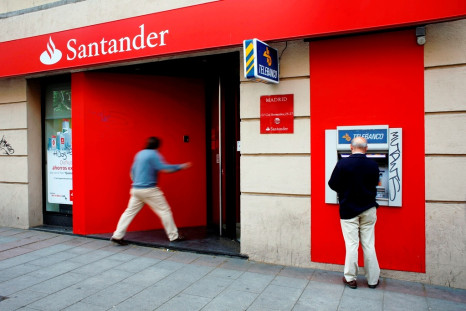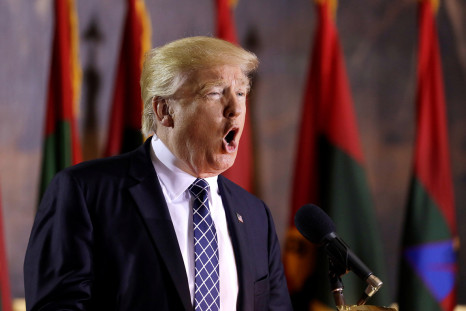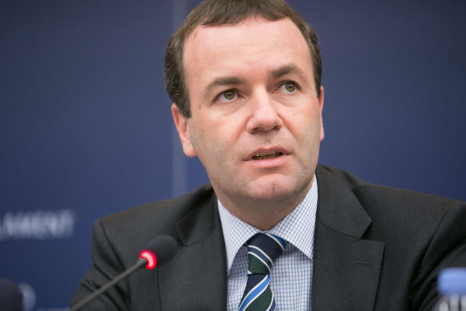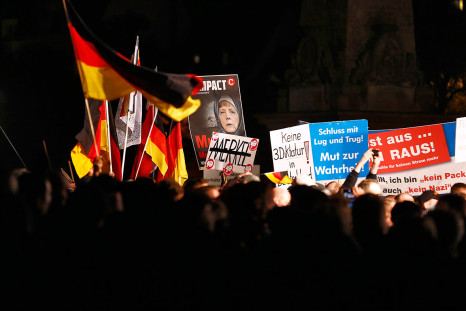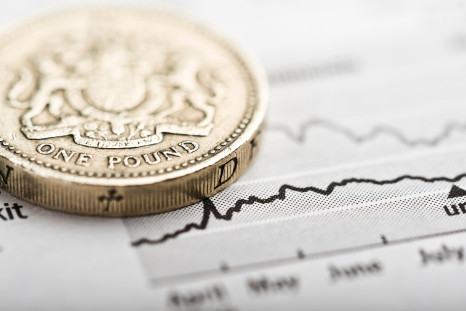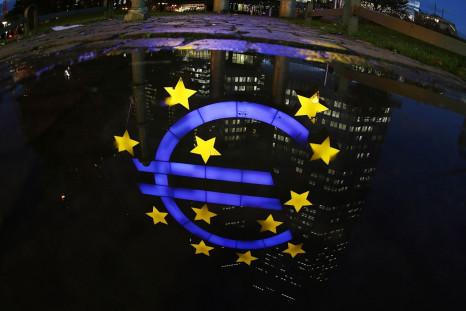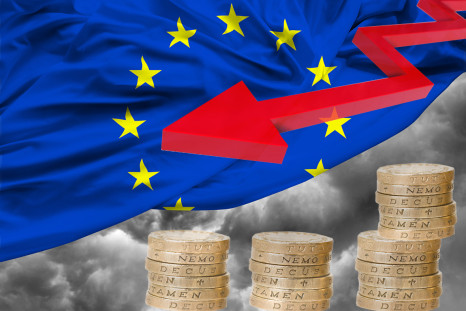Home
> European Central Bank
European Central Bank
European stock market falls flat on German export slump amidst oil production worries from Gabon military coup
The European stock market fell by nearly one per cent as Christine Lagarde was asked to set inflation targets that factor in energy prices and geopolitics.
Pratiti Nath Sep 06, 2023
Bank of England and HM Treasury considers 'digital pound'
Declining cash usage fuels current Bank of England and HM Treasury consultation on a new 'digital pound' before the end of this decade.
Francesca Miller Mar 13, 2023
Digital euro: European Central Bank considers shifting to digital currency in the future
There are two systems being considered for the digital currency, and the ECB has not committed "to a specific design" just yet.
John Diente Oct 05, 2020
Pound and the forex market in 2018: It'll be hard to disappoint pessimists
'Bumping along the bottom' is what the British currency did in 2017 and the same expression might apply to 2018 too.
Kit Juckes Dec 15, 2017
Beware 'fake news' but 'fake data' is as big a threat to economic stability, warns ECB
Benoit Coeure, a senior central banking official, says "economic agents could become less anchored to actual activity and more prone to manias and panics."
Gaurav Sharma Nov 24, 2017
European investors 'bullish' on corporate spending plans despite Brexit and Catalonia
Senior executives polled by ratings agency in positive frame of mind over capital expenditure expectations.
Gaurav Sharma Oct 30, 2017
Euro slides after ECB announces plans to halve stimulus package from next year
ECB President Mario Draghi highlights the QE programme will not suddenly end, despite planned slowdown.
Dan Cancian Oct 26, 2017
Pound surges again as Catalonia uncertainty drags euro lower
British currency rises against major crosses for second successive session as Prime Minister Theresa May heads to Brussels.
Gaurav Sharma Oct 16, 2017
Catalan bank Sabadell moves legal base amid provincial independence turmoil
Spain's fifth-largest bank has triggered process to move to Alicante to ensure it stays within the ECB's framework.
Gaurav Sharma Oct 06, 2017
Eurozone's economic recovery 'alive and kicking', ratings agency claims
S&P Global Ratings opines the current recovery in Europe won't be a false dawn and can be sustained.
Gaurav Sharma Oct 03, 2017
Eurozone inflation stagnates at 1.5% adding to European Central Bank 's quandary
Reading underlines challenge facing the central bank as inflation remains below it's goal of just under 2%
Staff Reporter Sep 29, 2017
Pound spikes to 2017 high versus dollar on inflation data
The British currency rallies after inflation expectations fuels interest rate hike speculation
Gaurav Sharma Sep 12, 2017
Pound surges to 5-week high against dollar despite mixed UK economic data
British currency also holds firm against major crosses as concern grows over strength of the euro.
Gaurav Sharma Sep 08, 2017
Euro jumps after Mario Draghi says ECB has begun discussions on unwinding QE programme
ECB President says euro must be monitored as it could prove to be a drag on inflation.
Dan Cancian Sep 07, 2017
Deutsche Bank boss tells ECB to get a grip on 'cheap money'
John Cryan says stock, bond and property price bubbles are surfacing all over the eurozone.
Gaurav Sharma Sep 06, 2017
Pound jumps after ECB raises alarm over euro strength
British currency gets respite having registered steep declines in recent weeks.
Gaurav Sharma Aug 17, 2017
Euro rallies but Draghi insists the ECB has not discussed ending stimulus programme
ECB President says premature tightening of economic policy would jeopardise recovery in the Eurozone.
Dan Cancian Jul 20, 2017
Euro use falls but is 'unchallenged' as the globe's second currency, says ECB
The euro was hit by political challenges in Europe and knocked by the rise of China's yuan.
Roger Baird Jul 05, 2017
The end of easy money: Central bankers spark fears among investors
Central banks in the US, UK and Europe signalled they might end the loose monetary policy that has injected trillions of dollars into their economies.
Roger Baird Jun 30, 2017
Italy agrees €5.2bn bailout plan for struggling Veneto banks
Veneto Banca and Banca Popolare di Vicenza rescued as Intesa Sanpaolo buys good assets for €1.
Dan Cancian Jun 26, 2017
European Central Bank to launch instant money transfer network
The central bank said the system will be available to the 19 countries inside the eurozone area.
Roger Baird Jun 22, 2017
FX Focus: Pound slips back as Britain heads to the polls
Sterling pulls back from two-week high against the dollar as Britain elects its next Prime Minister
Dan Cancian Jun 08, 2017
Santander rescues Banco Popular from collapse for €1
The European Central Bank said Banco Popular would be "unable to pay its debts" as the fell due.
Roger Baird Jun 07, 2017
FX Focus: Euro tanks after ECB keeps interest rates unchanged yet again
Dollar gains ground as investors shrug off disappointment over Donald Trump's tax reforms.
Dan Cancian Apr 27, 2017
FX Focus: Dollar gains ground as markets await Trump's 'phenomenal' tax reforms
US President due to announce a major tax overhaul which could see corporation tax slashed from 35% to 15%.
Dan Cancian Apr 26, 2017
Brexit: Top EU lawmaker says all euro business should be moved out of London
It is all about European supervision and defending European jobs, says Manfred Weber.
Rachel Middleton Apr 05, 2017
Forget Brexit, it's Europe's geopolitical kerfuffle that's spooking investors
Research suggests investors are increasingly worried about Brexit aftermath and populist movements in Europe.
Gaurav Sharma Mar 31, 2017
FX Focus: Pound on track for 10th straight day of losses as euro rallies
Euro hits three-day high against the dollar after European Central Bank keeps interest rates unchanged.
Dan Cancian Mar 09, 2017
ECB keeps interest rates unchanged amid spiking inflation
European Central Bank reduces size of monthly asset purchase programme from €80bn to €60bn.
Dan Cancian Mar 09, 2017
FX Focus: Pound falls to six-week low against the euro as markets await Spring Budget
Dollar edges higher against most of its rivals as Federal Reserve is set to increase interest rates this month.
Dan Cancian Mar 06, 2017
Pages
- 1
- 2
- 3
- 4
- 5
- 6
- 7
- 8
- 9
- NEXT



